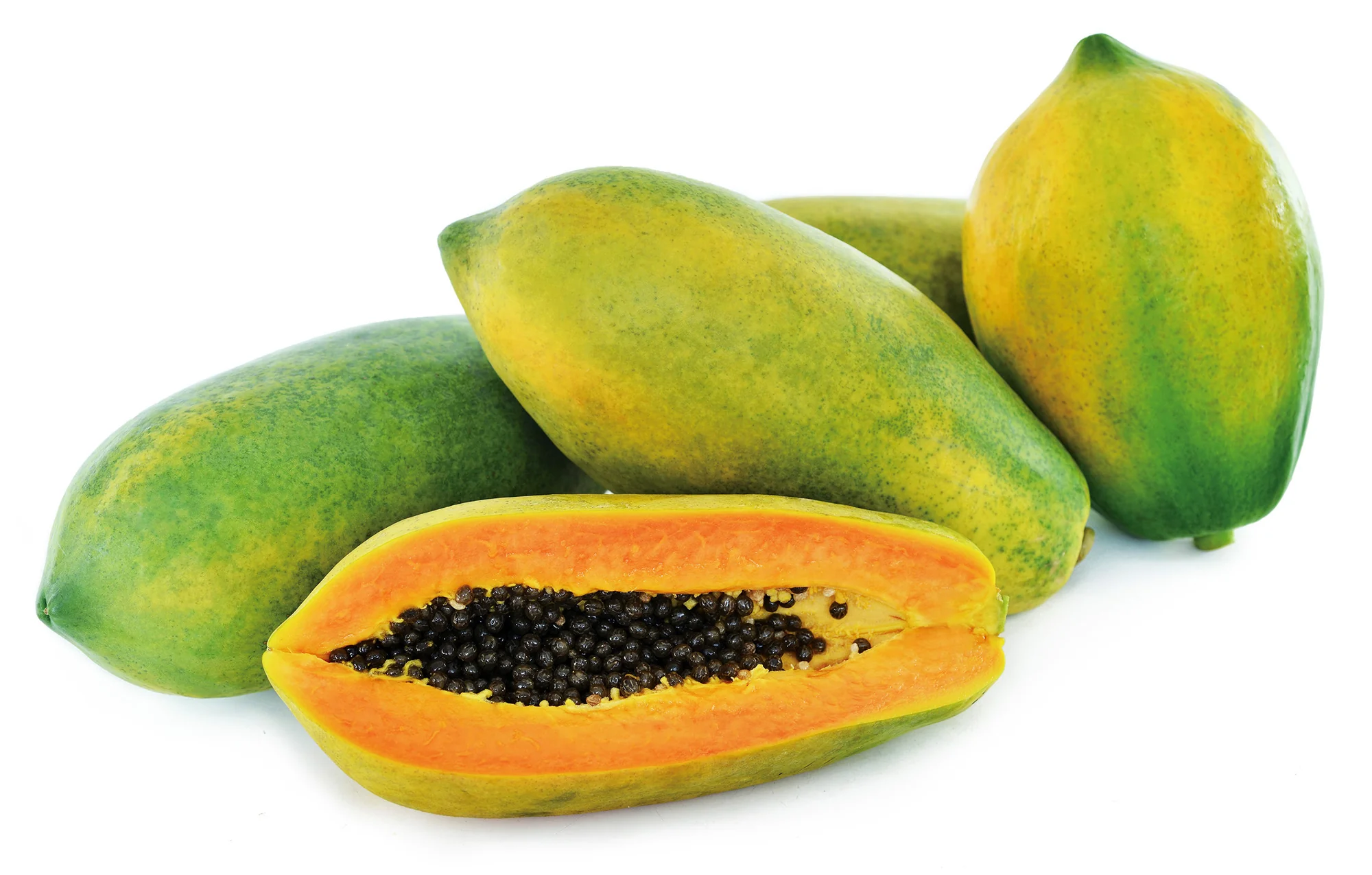Lifestyle diseases like high blood pressure may affect more parts of your life than the ones apparent.
Have you ever worried about sex with high blood pressure? Read on to know all about the link between sex and blood pressure.
Many people with diabetes might ask the question that can diabetics eat ripe papaya or is papaya good for diabetes.
Read on to know the answer to these questions.
Papaya Nutritional Profile
The glycemic index (GI) of a fruit determines how fast a fruit can increase glucose levels in the blood. Diabetic patients can consume fruits with low-to-medium GI. So, a sugar patient can eat papaya because papaya GI or papaya glycemic index is 60.
Other fruits with a low glycemic index are:
| Fruits | Glycemic Index Score |
| Cherries | 20 |
| Grapefruit | 25 |
| Pears | 38 |
| Apples | 39 |
| Oranges | 40 |
| Plums | 40 |
| Strawberries | 41 |
| Peaches | 42 |
| Grapes | 53 |
| Papaya | 60 |
| Watermelon | 70 |
Doctors suggest papaya for sugar patients because every 100 grams of papaya contains –
| Calories | 32 |
| Protein | 0.6 grams |
| Fat | 0.1 grams |
| Fiber | 2.6 grams |
| Carbs | 7.2 grams |
Papaya is good for sugar patients because it is also rich in potassium, calcium, magnesium, and vitamins (C, A, folate, B1, B3, B5, and K).
Advantages of Papaya for Diabetes
- Papaya’s sugar content is low, and therefore, papaya and diabetes can go hand in hand.
- Its high fiber content is useful in reducing sugar levels in the blood.
- Natural antioxidants make it a great choice for diabetic patients.
- The flavonoids present in Papaya can help to reduce diabetes naturally.
Ways to Consume Papaya for Diabetes
- Eat ripe papaya as a fruit.
- Make fruit juice with ripe papaya.
- Toss up a tropical fruit salad with ripe papaya, mangoes, and pineapple.
- You can also add frozen cubes of ripe papaya to smoothies.
When to Consume Papaya for Diabetes
As papaya has a medium GI, it is best to consume it at midday or mid-afternoon.
It would be advisable not to consume papaya at night even though papaya’s sugar level is moderate.
Discover which fruits are ideal for diabetes management and which to avoid. From low-sugar fruits to nutrient-packed choices, find the best options for blood sugar control
Risks of Over Consumption of Papaya
Tempting as it may be, avoid overindulging in consuming papayas. The ideal serving for diabetic patients is one cup per day.
Overconsumption of papaya can increase your sugar levels. As papaya has a laxative effect, overconsumption might lead to diarrhea as well.
Other Health Benefits of Papaya
The “fruit of angels,” papaya is beneficial in:
- curing diabetes, heart problems, indigestion, dengue, cancer, arthritis, and a host of other health issues.
- Papaya is rich in antioxidants like lycopene. The high level of antioxidants helps prevent the oxidation of cholesterol, thereby preventing heart blockages.
These are the two main reasons why doctors recommend ripe papaya for diabetes.
Don’t Have Time To Read?
- Papaya has a low glycemic index, therefore good for people with diabetes.
- Flavonoids help reduce blood glucose levels.
- Papaya should be eaten in moderation because overconsumption can cause rise in sugar levels and even stomach problems, in some cases.
- Papaya is good for both diabetics and heart patients and can be consumed regularly, especially if you are tracking your input, on Phable – the best app for chronic disease management.
Also Read: Is Pineapple Good for Diabetes
Friendly Asked Questions
How to Use Papaya Leaves for Diabetes?
Papaya leaves are highly beneficial to lower blood sugar levels. But they cannot be eaten raw. You can make a juice of papaya leaves at home and consume it in the morning to treat diabetes.
Can Papaya Leaves Cure Diabetes?
Studies have shown that papaya leaves can reduce blood glucose levels. The antioxidants in papaya leaf juice protect the insulin-producing cells in the pancreas from damage. This, in turn, keeps the glucose level in a healthy balance.
Is Papaya Good or Bad for Type 2 Diabetes?
Papaya is good for type 2 diabetes because of its moderate sugar level. Papaya is a miracle fruit and is rich in flavonoids and other antioxidants. Flavonoids and antioxidants help to keep the sugar level in check naturally.

1 comment
[…] Also Read: Is Papaya Good for Diabetes […]